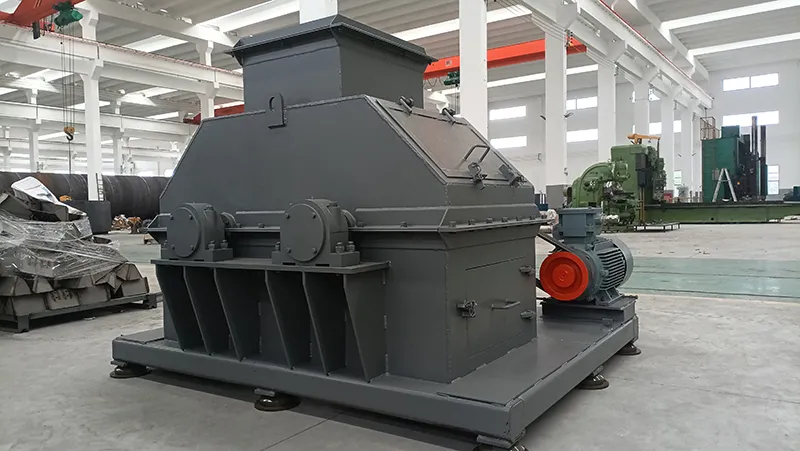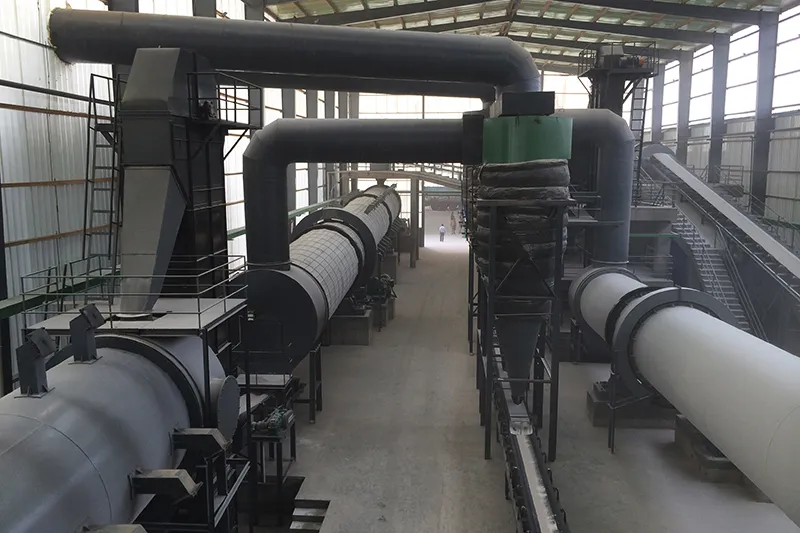Cage Mill Crusher
Fertilizer crushing machine for processing friable materials
Cage Mill Crusher
Fertilizer crushing machine for processing friable materials
Cage mill crushers are mainly designed for fine crushing processes and offers the added benefit of evenly mixing materials during the process. This type of crushing equipment is ideal for breaking down brittle materials and is especially effective in separating clumped powder. Thanks to its capacities, this crusher is suitable for crushing single-component fertilizers with moisture content below 6%, and it works exceptionally well on harder materials, providing efficient size reduction.
| Model | Production capacity (t/h) | Feeding size (mm) | Final size (mm) | Moisture content of feed material | Cage diameter (mm) | Rev. (r/min) | Power (kW) |
| 4 | ≤15 | ≤1 90% | ≤6% | Ø600/Ø400 | 1100 | 11/7.5 | |
| 6-7 | Ø800/Ø630 | 960 | 22/15 | ||||
| 17-21 | Ø1000/Ø830 | 960 | 37/30 |
Material is fed into the center of the counter-rotating rotors and drops onto the steel rods. The high-speed rotation of the cage causes the material to be forcefully impacted by the steel rods, leading to its initial breakdown. As centrifugal force flings the material outward, it encounters additional rods rotating in the opposite direction, which further crush and shear the particles. This process continues as the material passes through each ring of rods, ensuring thorough size reduction. Finally, the crushed material is discharged from the bottom of the crusher for further processing.
How to choose the right fertilizer production equipment for my plant?
Choosing the right equipment for your fertilizer production project starts with understanding your production needs. Here are a few key questions that help narrow down the best options:
- What type of raw materials are you working with?
- Do you aim to produce powdered or granular fertilizer? What specific characteristics should the final product have?
- What is the desired output capacity for your production line?
- What are the local environmental conditions, such as temperature and material moisture levels?
- What heat source will your drying equipment rely on?
Once we have this information, we can recommend the most suitable fertilizer processing equipment and production line for your needs.
























